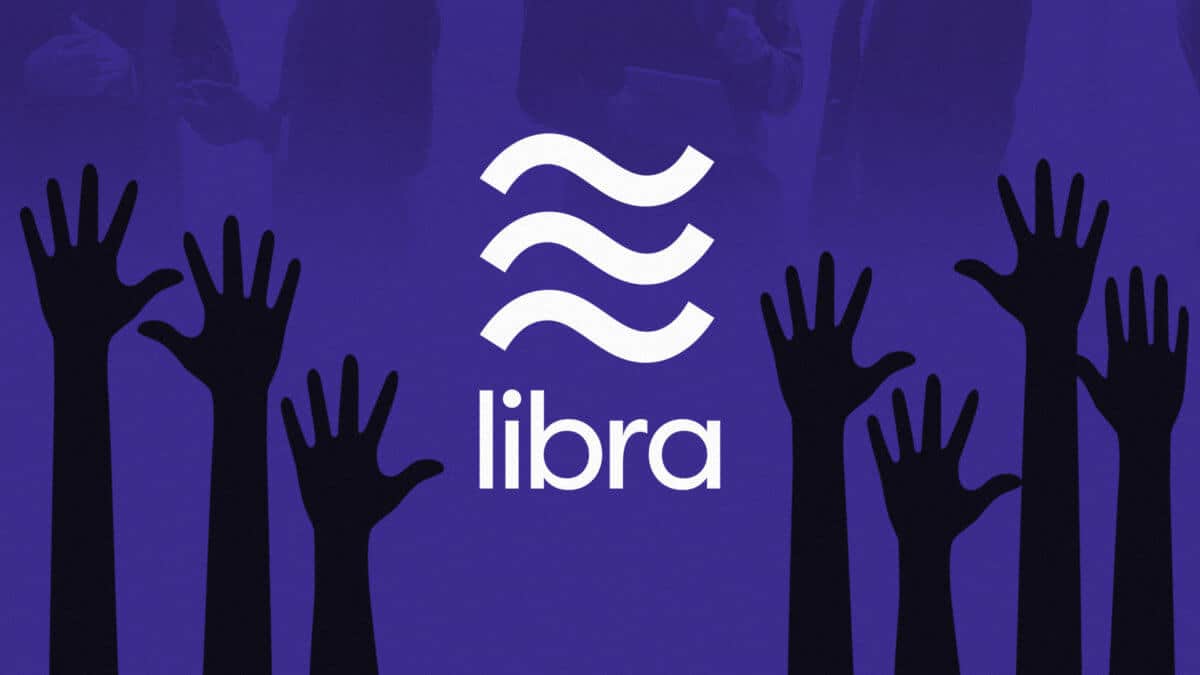Join Our Telegram channel to stay up to date on breaking news coverage
Facebook’s Libra stablecoin project is coming under increased scrutiny after more authorities call for the social media giant to shelve its ambitions for now. With the social media company already far above its scheduled launch time for the stablecoin and a spate of setbacks, one can only wonder how much more it can take.
No Way Through
Earlier this week, Reuters reported that the G7 has collectively called for Facebook to hold off on launching its stablecoin as they work towards addressing stablecoins and their challenges. The report noted that central bank representatives and finance ministers from the United States, Canada, Japan, Germany, France, Italy, and the United Kingdom had called on Facebook to push the asset’s launch back even further, as they worked to resolve stablecoin’s regulatory and legal challenges.
A draft from a meeting help recently reported reads:
“The G7 continues to maintain that no global stablecoin project should begin operation until it adequately addresses relevant legal, regulatory, and oversight requirements through appropriate design and by adhering to applicable standards.”
This isn’t the first time that the G7 nations will address Libra, stablecoins, and regulatory issues. Following Facebook’s announcement of the project in June 2019, the G7 inaugurated a task force, led by European Central Bank member Benoit Couere, to investigate these asset-backed products’ effects on global economic systems.
In its report, the task force explained that stablecoins could provide a reliable store of value and means of payment, perhaps more than any other currency system available today. Thus, they could eventually develop global payment systems that are cheaper, faster, and more inclusive.
However, for all the benefits they provide, these assets could also pose challenges regarding regulation, monetary policy, and government oversight. The task force also pointed out the ever-present issues of terrorist financing and money laundering, which have plagued currency systems for centuries.
The report is putting further skepticism over Facebook and its plans for the stablecoin. The social media giant already faced significant setbacks last year, when several top European nations banded together to prevent it from launching.
Last October, Politico Europe reported that five European nations – France, Spain, the Netherlands, Italy, and Germany – had presented a unified front to other countries in the European Union. They reportedly wanted to prevent the firm from establishing its project in the Eurozone, while also pressuring it and all its members to give up on the stablecoin initiative altogether.
Stablecoin Runs: The New Problem
As for stablecoins, this isn’t the first time that their issues will be at the forefront. However, along with the challenges above, the European Central Bank (ECB) has also recently presented the likelihood of bank runs on the assets.
In a report from last month, the Bank explained that one of the many problems facing stablecoin adoption would be the propensity of a “run,” which will occur if people begin losing confidence in stablecoins’ networks.
As part of the factors that could lead to this problem, the Bank listed cyberattacks on systems, wallet thefts, and customer doubts on the stablecoin’s value.
“Such a realization could trigger substantial redemptions of stablecoins which could be amplified to the extent that end users misconceive stablecoin holdings as a substitute of bank deposits,” the ECB said in its report.
Indeed, this is another problem that regulators will need to work around, casting Facebook and other stablecoins in a perpetual state of limbo.
Join Our Telegram channel to stay up to date on breaking news coverage


